Over the weekend, the African Union Commission (AUC) held its chairperson elections during the AU summit in Addis Ababa, Ethiopia. In a closely contested race, Djibouti’s Foreign Minister, Mahamoud Ali Youssouf, emerged victorious, defeating Kenya’s former Prime Minister, Raila Odinga, and Madagascar’s ex-Foreign Minister, Richard Randriamandrato. Youssouf secured the position after seven rounds of voting, obtaining the required 33 votes in the final round. – apnews.com
Raila Odinga, a prominent figure in Kenyan politics, had been a frontrunner in the initial rounds, even winning the first two. – citizen.digital
However, as the election progressed, shifting allegiances and diplomatic dynamics led to his elimination in the sixth round. – kenyans.co.ke
This loss not only marks a personal setback for Odinga but also raises questions about Kenya’s influence within the African Union and its broader regional ambitions.
Implications for Kenya’s Political Landscape
Domestically, Odinga’s defeat may have significant repercussions. The Azimio la Umoja coalition, with which Odinga is closely associated, has been embroiled in a dispute over parliamentary majority status. A recent High Court ruling declared Azimio as the majority party in the National Assembly, challenging the previous recognition of President William Ruto’s Kenya Kwanza Alliance as the majority. – nation.africa
Despite this ruling, National Assembly Speaker Moses Wetang’ula reaffirmed Kenya Kwanza’s majority status, citing 165 MPs for Kenya Kwanza against Azimio’s 154. – the-star.co.ke
This legal and political tussle over majority control has profound implications. If Azimio’s majority status is upheld, it could necessitate a reshuffling of parliamentary leadership, potentially affecting Speaker Wetang’ula’s position. Such a shift would alter the legislative dynamics, challenging the Kenya Kwanza Alliance’s ability to “dictate” parliamentary proceedings and advancing Azimio’s legislative agenda.
Raila Odinga’s Political Future
Odinga’s return to Kenya post-AUC election loss prompts speculation about his next moves. At 80, and after multiple presidential bids, many viewed the AUC chairmanship as a capstone to his public service career. His recent political alliances, particularly his cooperation with President Ruto during last year’s Gen Z protests, have been contentious. During these protests, numerous human rights violations occurred, including killings, abductions, and assaults on women. Odinga’s perceived alignment with the government during this period led to public disillusionment, with many feeling he prioritized personal ambition over his opposition mandate.
Given this backdrop, Odinga faces a complex decision: retire from active politics or attempt to rejuvenate his political base. Reengaging would require rebuilding trust and addressing the grievances stemming from his recent political choices.
Conclusion
Raila Odinga’s defeat in the AUC chairperson election is a pivotal moment for both his career and Kenya’s political trajectory. It underscores the intricate interplay of regional diplomacy and domestic politics. As Kenya navigates internal political disputes and seeks to bolster its regional standing, the actions of its leaders in the coming months will be crucial in shaping the nation’s future.
What are your thoughts on Raila Odinga’s future and Kenya’s evolving political landscape? Should Odinga retire or fight to reclaim his political influence? Share your views in the comments below!


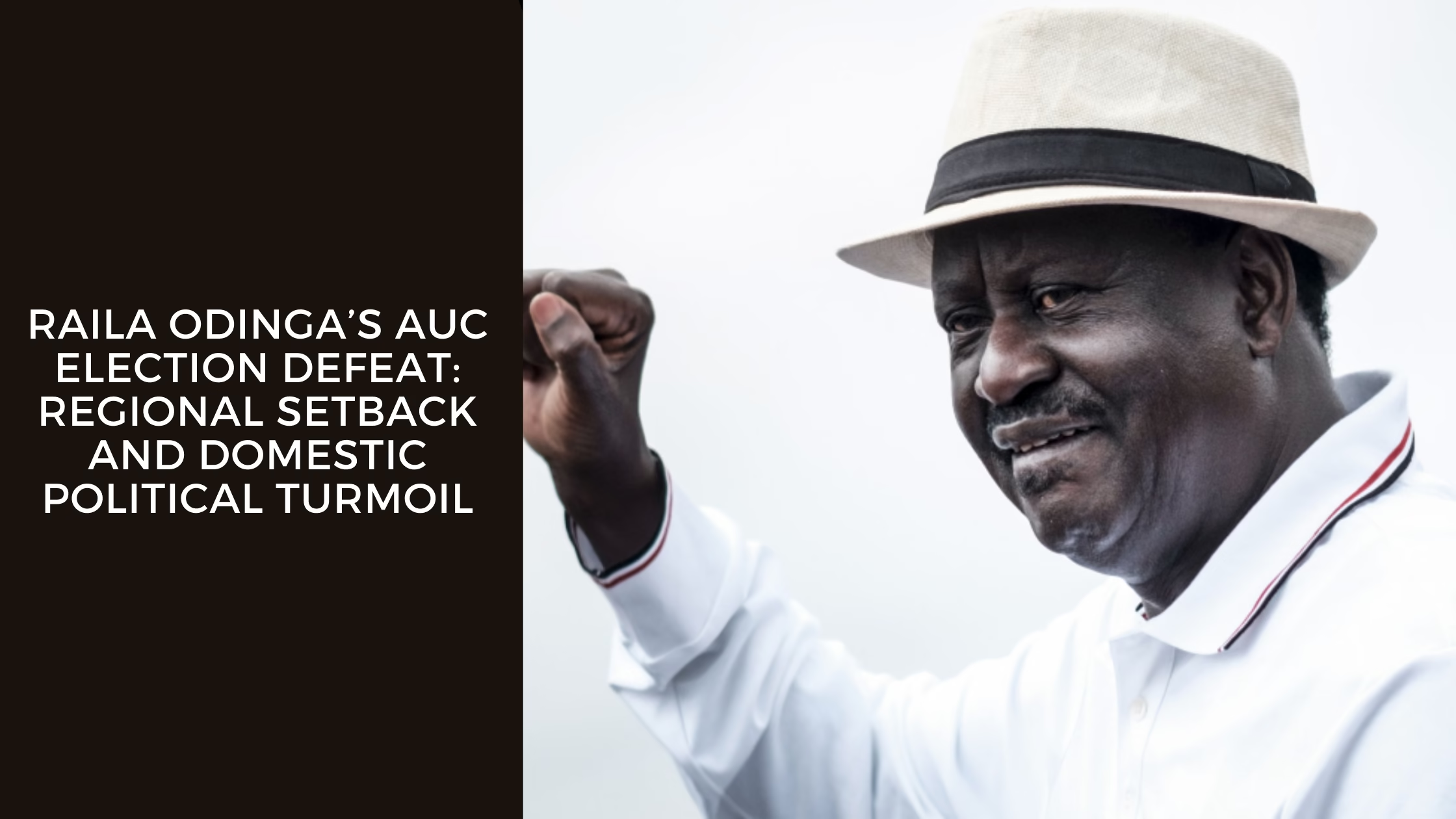
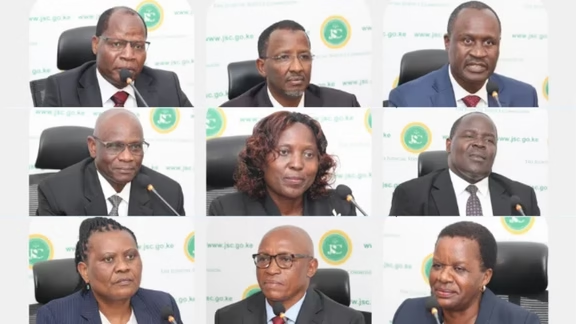




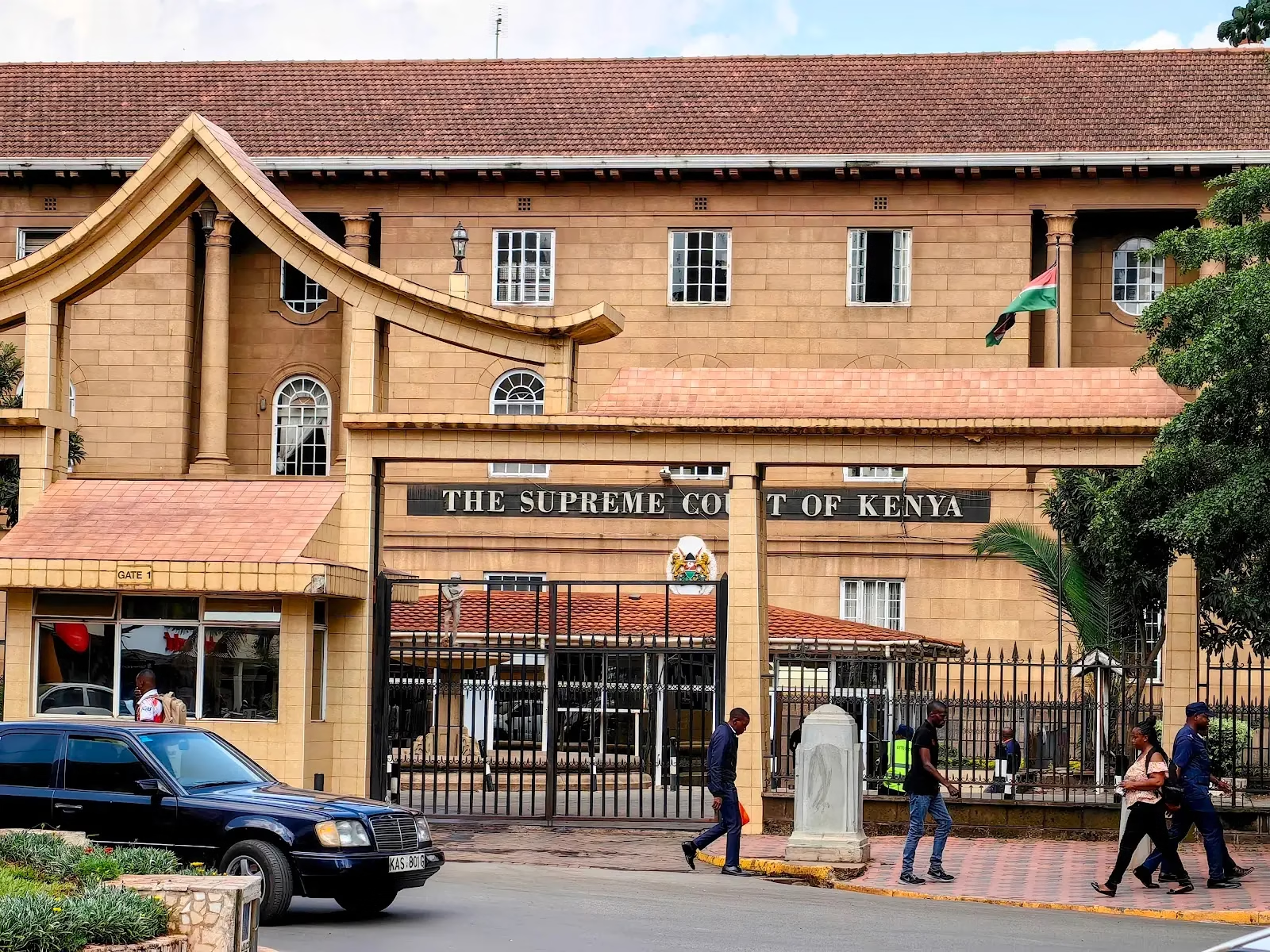




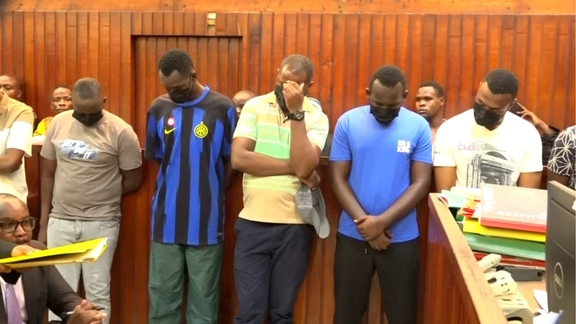
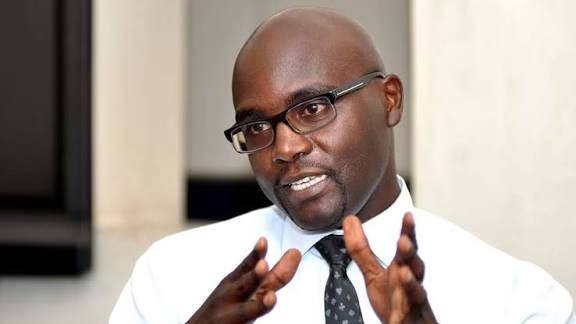





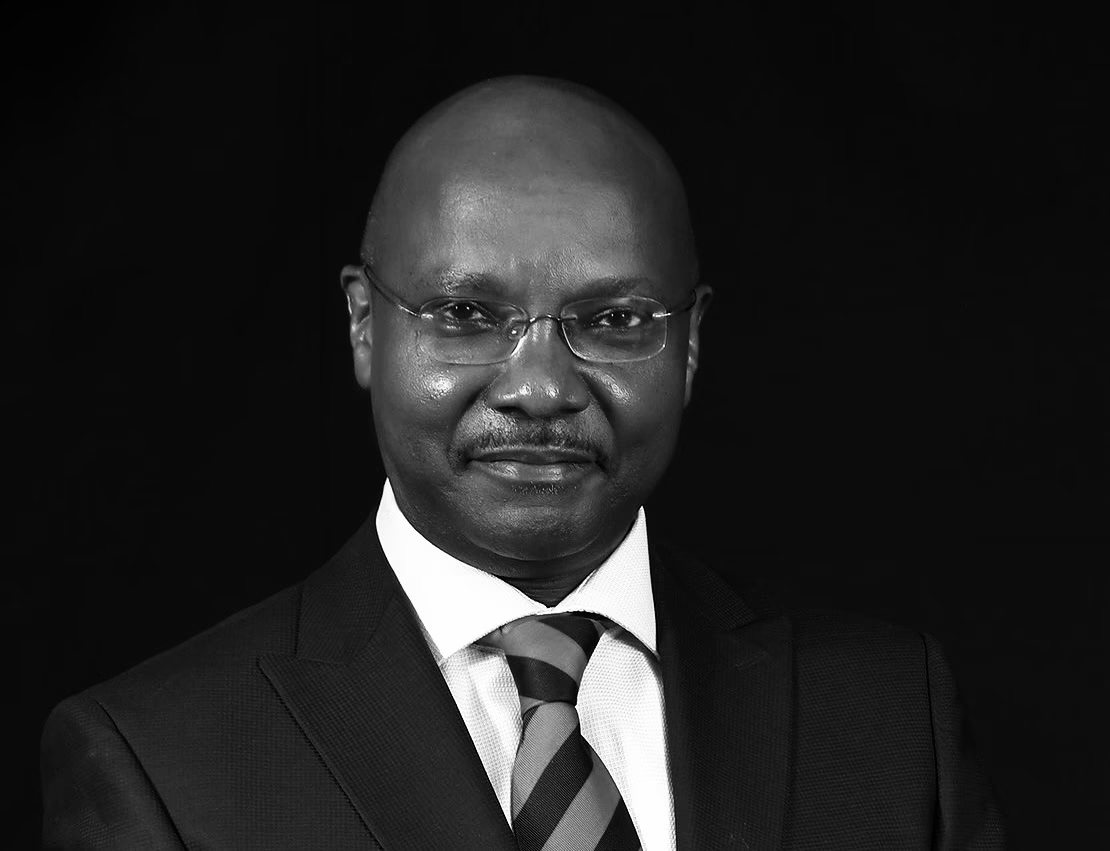
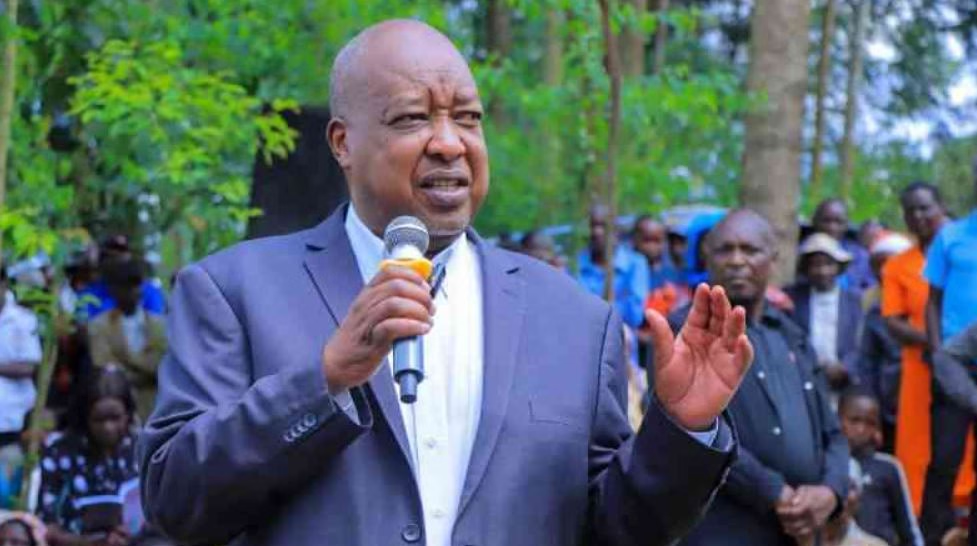
Leave a Reply